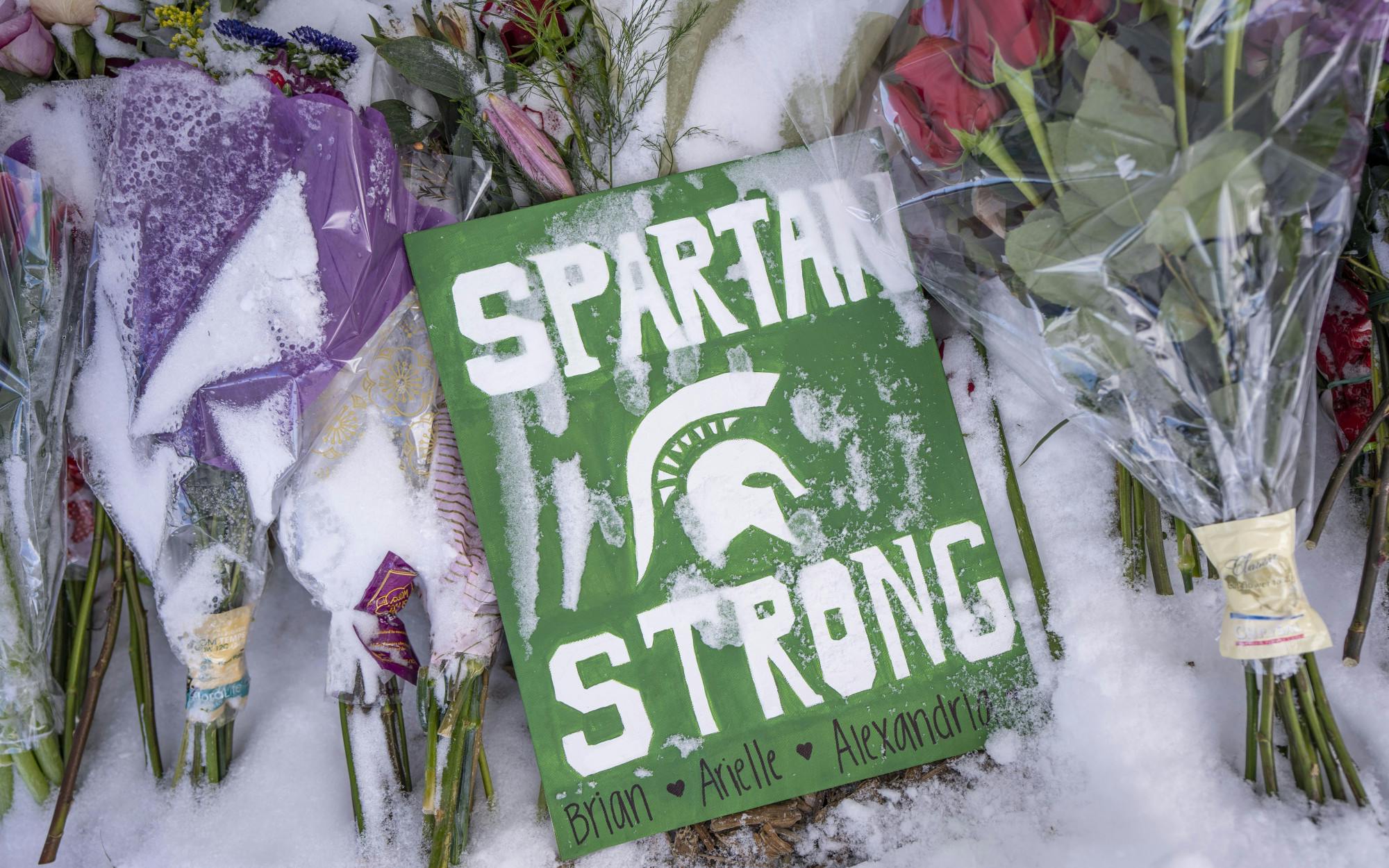As the university returns to classes Monday Feb. 20, one week after the on-campus mass shooting that took the lives of three MSU students, some professors are making accommodations to help students.
Epidemiology and biostatistics associate professor David Barondess and Spanish assistant professor Alejandra Márquez are two of the many instructors adjusting their classroom policies and schedules.
Márquez said while she is holding her classes in person for students who would prefer a sense of normality, she is also providing a Zoom link for those who are not ready to return yet. She will not take attendance until spring break and may remove her attendance policy entirely for the remainder of the semester.
“I am aware that there's a large group of students that don't want to go back next week, that feels like it's too soon,” Márquez said. “I want to make sure that they're not penalized for that … I just want them to feel like they have a say in what happens in the next coming weeks.”
As for the accommodations Barondess is making, he said all remaining exams and quizzes will be open-note and will no longer require a lockdown browser. Barondess encourages students to take exams in-person if they need help, but will allow remote exam-taking as well.
“I'm just going to move forward slowly,” Barondess said. “Every day is going to be a learning experience.”
Barondess said he has been attending webinars through the university and the College of Human Medicine to learn what steps to take next. The topics include how to teach in a crisis or after a traumatic event.
“How we adapt and how we think about moving forward in something like this … it's professional, but it's also very personal,” Barondess said. “A lot of it is just predicated on who we are as individuals, not so much necessarily as a faculty member or as an employee of the university.”
Over the years, Barondess said he has taught over 10,000 undergraduates, and his decision-making has been based on his prior experience with students.
“I want to be mindful of how students feel, and we'll just go from there,” Barondess said.
Márquez said she wants her students to know she is listening to them and wants to know what they are thinking.
“This is not something that (we) should be dealing with, nobody is sure how to approach it, and I think the best way is to be in conversation with students and understand what they need,” Márquez said. “We don't know how to deal with this … we haven't done it before. … I want it to feel more of a collaborative space instead of me telling them what to do.”
Since her classes are on the smaller side, with the largest at 26 students, Márquez said what works for her might not work for larger or different-style classes. But she said professors are working together to figure out the best steps forward.
“We're having conversations and we're brainstorming and we're giving each other ideas to try to get to a place that's good for the students,” Márquez said. “I think that's also important, like, we're trying to collaborate as much as we can.”







